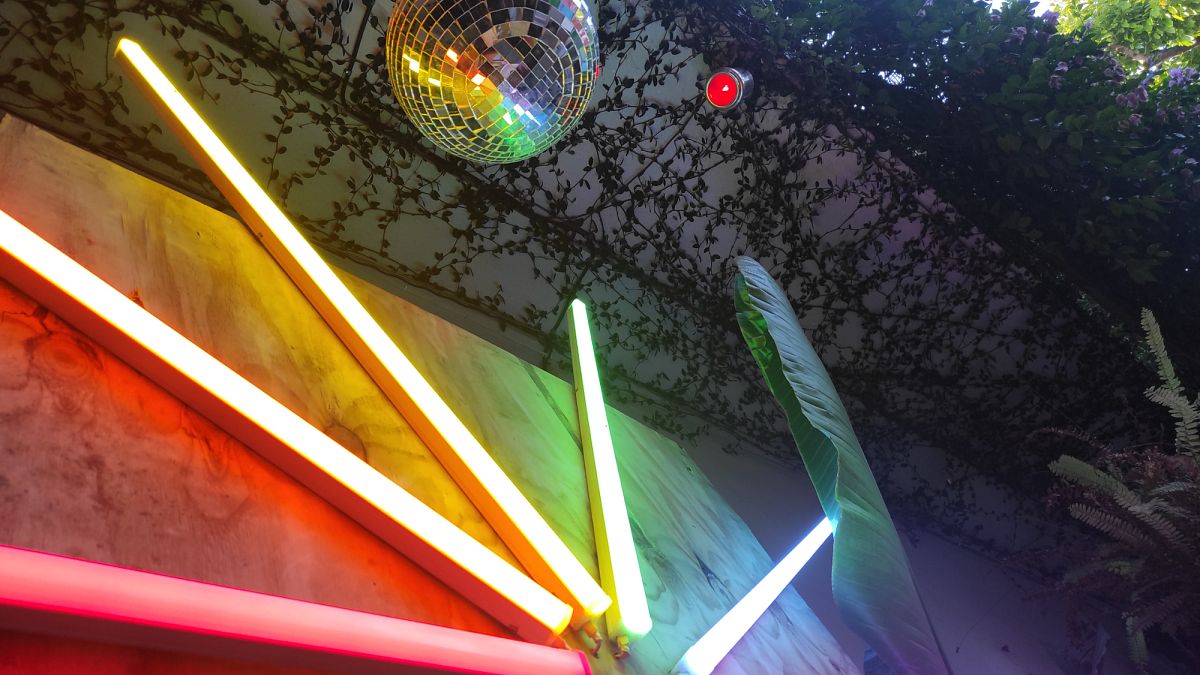By Eloise Stark
Published on
When Deniz* invited a friend back to his hotel room during a trip to Egypt, he expected a relaxed evening. Not a knock on the door from the hotel manager and a security guard, who hurled homophobic abuse at them and forced his guest to leave.
“They threatened to film us and tell the police,” he said. It was a hard realisation: this was not a place where he could be himself safely.
These are the kind of unpleasant situations you can encounter when traveling as a queer person. For Deniz, a digital nomad who travels full-time, it hits even harder.
Despite having the immense privilege of choosing where to spend their time, of meeting people and cultures from all over the world, LGBTQ+ nomads also deal with the sobering reality that much of the globe – from Malaysia to the US – still harbours varying degrees of hostility toward queer people.
It’s a conversation that rarely happens in the nomad world – even though queer people make up a significant chunk of the community. According to a study by nomads.com, 13 per cent of digital nomads identify as bisexual, gay, or lesbian. Yet their specific experiences are often left out of the conversation.
‘Back in the Closet’
“There are so many simple things that straight people take for granted,” says Julian*, who has been a digital nomad for almost a decade, including three years travelling with his partner. “Like being able to book a hotel room together, or just hold hands when you walk down the street.”
Playing it safe in new countries often brings back unpleasant memories of having to hide his identity during his teenage years in Spain.
“I spent so many years living in shame. And sometimes, travelling makes me feel like I’m back in the closet. It’s a very painful feeling.”
The biggest challenge for queer nomads isn’t visas, time zones or even fighting with dodgy Wifi just before an important call. It’s the mental toll of constantly assessing how visible they can safely be, and staying alert to the risk of homophobic violence.
Back home, one of the best ways of facing these issues is to find queer community, a group of people and space where you know you can be fully yourself without fear.
Creating that kind of safe space is more challenging on the road, but far from impossible. Around the world, queer nomads are finding ways to piece together long-distance, multicultural chosen families.
‘Queer people are everywhere’
“Moving around so much has made me realise that queer people are everywhere,” says Sophie Bellamy, a writer who has spent the past eight years as a digital nomad.
“I’ve met other queers on walking tours, at digital nomad meetups, in coworking spaces, at Pride events, on dating apps… some of those matches have led to solid friendships over the years,” she says.
She even met her business partner, Holly Close, while travelling. Together, they founded Good Egg, a web and copywriting studio for women and non-binary business owners. “A proper queer digital nomad business,” Sophie says.
Some encounters happen by chance: a Pride sticker on a hostel door, a conversation during a language exchange. Other times, it takes more effort like asking travel friends for introductions, or reaching out in queer nomad Facebook groups. In true digital nomad style, online spaces have become an important part of the community.
Facebook groups like Queer Women Digital Nomads and LGBTQ+ Digital Nomads and Freelancers are a great place to share advice, or commiserate about unpleasant experiences. You can find travel buddies and swap stories. For those looking for romance, Nomad Soulmates is an LGBTQ+-friendly dating app that also runs real-life meetups and online events.
There are also real-world destinations known for being safe and welcoming to queer people, places many LGBTQ+ nomads return to again and again. Lisbon, with its beaches, coworking hubs and vibrant nightlife, is a popular option. Another is Guadalajara, Mexico – affectionately nicknamed “GAYdalajara” – which has a thriving queer community and growing nomad scene.
For those just starting out, Sophie recommends choosing a destination like these. “Somewhere with strong LGBTQ+ rights and an active digital nomad scene,” she adds.
Before arriving, she suggests joining local Facebook groups or booking into a coliving space – accommodation designed for remote workers – which can offer “a soft landing if you’re nervous about meeting people.”
“Mostly, I’d say just go for it. It can be scary to start this journey, but it’s the best thing I’ve ever done,” says Sophie. “The more queers out there in the world, the better.”
*Names changed

